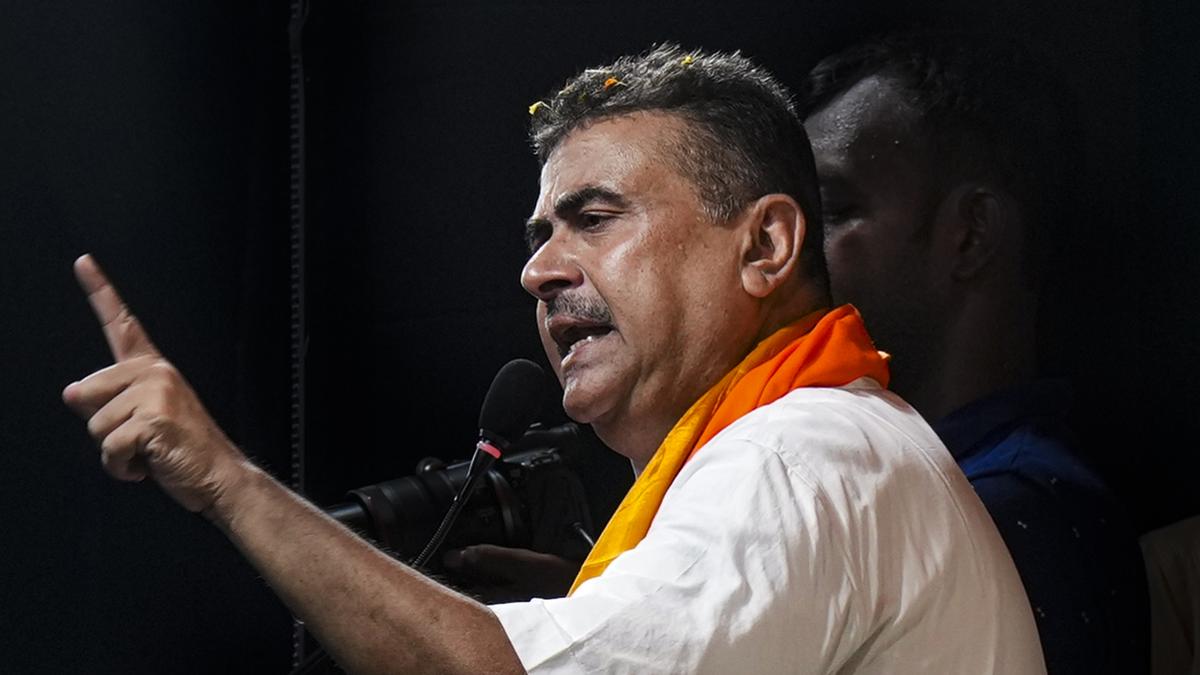Now Reading: KSEB Faces Challenges with Revised Pole Rental Rules
-
01
KSEB Faces Challenges with Revised Pole Rental Rules
KSEB Faces Challenges with Revised Pole Rental Rules

quick Summary:
- The Kerala State Electricity Board (KSEB) is concerned about implementing the Telecommunication (Right of Way) Rules, 2024 by the Central Goverment.
- A rule provision prevents KSEB from charging its approved fees for using its electric poles to draw telecommunication lines.
- Under the new rules, telecommunication companies would pay ₹100 per pole annually instead of KSEB’s current rates. Total revenue for 2023-24 from pole rentals was ₹60.58 crore; under new rules, anticipated revenue would drop to ₹20.93 crore, causing an estimated annual financial loss of ₹39.65 crore for KSEB on pole rentals alone.
- section 11(3) also states that applicants cannot be charged any fees related to usage requests or small cell installations on poles, with minimal annual caps ranging between ₹100 and ₹300 depending on urban/rural conditions as specified in Schedule 3.
- KSEB argues that provisions in these rules contradict the Electricity Act, 2003-another Central legislation-which forbids subsidizing electricity transmission assets for outside purposes like telecommunications.
- Legal advice received by KSEB supports its claim of inconsistency between these laws.
- The utility has approached the Kerala government to seek amendments or compensation to recover lost non-tariff revenue.
Indian Opinion Analysis:
The implementation of the Telecommunication (Right of Way) Rules, 2024 appears intended to streamline infrastructure costs for telecom operators nationwide while promoting digital connectivity goals set forth by India’s government. Though, in Kerala’s case specifically, this creates a challenging financial predicament for KSEB-a statutory body heavily reliant on such non-tariff sources like pole rental charges to maintain operational balance and fund activities not covered by tariffs.
The legal contradiction flagged against both statutes highlights broader policy coordination issues when attempting uniform national frameworks across sectors with diverse financial dependencies and priorities at a state level.
For India overall: addressing disputes like those raised here underscores how critical harmonization remains amongst existing legislative layers serving varied infrastructural utilities’ sustainability agendas versus emerging demands driving technological advancement efficiency-focused reforms competing stakeholders fall middle-granularity scales deserve inevitable equitable solutions mitigating externalities optimization balancing societal benefit pathways Make הת ioctl balance nations ecosystem might longest-term .























